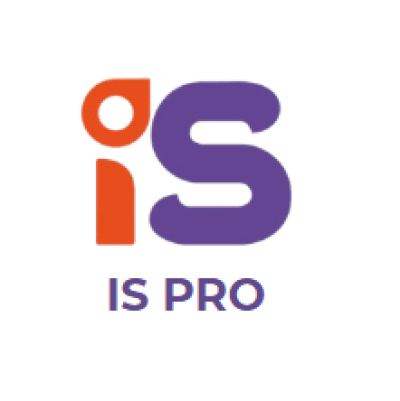Navigating the Benefits and Challenges for Employers in the UAE
The United Arab Emirates has long been a regional and global business hub, attracting companies from all corners of the world with its strategic location, tax-friendly environment, and investor-centric policies. However, for employers operating in this dynamic market, success lies in understanding not just the advantages but also the evolving challenges that come with managing a workforce in the UAE.
One of the most attractive aspects for employers in the UAE is the country’s pro-business regulatory environment. The government’s progressive stance on foreign investment and free zone development provides companies with streamlined licensing procedures and 100% ownership in many sectors. This ease of doing business allows organizations to set up and scale quickly. Coupled with a zero-income tax policy for individuals and favorable corporate taxation rules, the UAE continues to be a magnet for international firms.
The labor market itself offers immense diversity. With professionals hailing from over 200 nationalities, the UAE is home to a truly multicultural workforce. This diversity gives businesses access to a wide range of skills, perspectives, and experiences, enabling innovation and adaptability. Employers can also benefit from a flexible labor law framework that allows for short-term contracts, project-based hiring, and probationary periods, practices that are highly valuable in industries such as construction, real estate, and retail.
In recent years, Emiratisation policies have introduced new dimensions to workforce planning. Employers are now encouraged, and in many sectors, required- to hire and train UAE nationals. While this contributes to the country’s long-term socioeconomic development, it also means companies must adapt to compliance requirements and design more inclusive, culturally aware workplaces. For forward-thinking employers, this shift offers an opportunity to invest in local talent, build stronger community ties, and access government incentives.
However, challenges do persist. The high cost of living in cities like Dubai and Abu Dhabi can influence salary expectations and employee retention. Employers may find themselves under pressure to offer housing allowances, education support for dependents, and other benefits that go beyond the base salary, especially when hiring skilled expatriates. Additionally, while the legal environment is business-friendly, it is also complex. Navigating visa processes, labor disputes, end-of-service benefits, and compliance with evolving labor laws requires robust HR and legal support.
Another growing concern is the demand for digitization and automation. As industries transform, employers in the UAE must upskill their workforce to remain competitive. This calls for ongoing investment in training and technology adoption, particularly in sectors like fintech, logistics, and healthcare. In this fast-paced market, companies that delay modernization risk falling behind.
Ultimately, operating in the UAE presents employers with a unique blend of strategic benefits and operational hurdles. The most successful organizations are those that remain agile, culturally aware, and proactive in adapting to regulatory changes. By aligning talent strategies with national goals and maintaining a competitive edge through innovation and inclusive hiring, employers can not only thrive in the UAE but also contribute meaningfully to its long-term vision.


